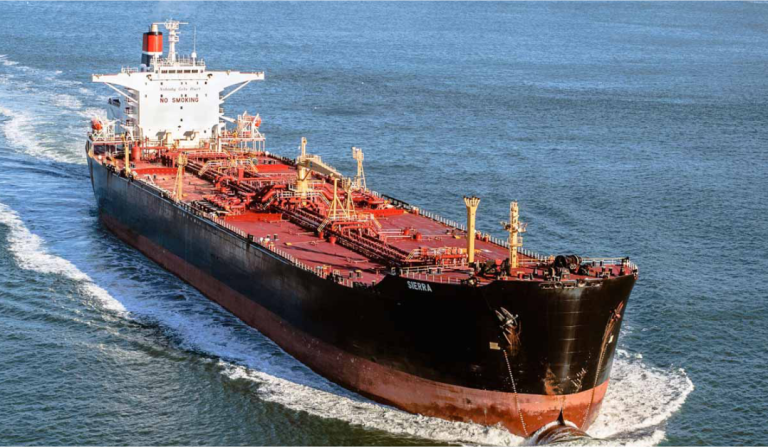The Standards Organisation of Nigeria (SON) and the Nigerian Midstream and Downstream Petroleum Regulatory Authority (NMDPRA) have confirmed their involvement in certifying the quality of imported Premium Motor Spirit (PMS), commonly known as petrol, according to oil marketers.
The response follows recent claims by Dangote Petroleum Refinery that some dealers have been importing off-spec petroleum products into Nigeria. In a statement issued on Tuesday, the Dangote refinery informed Pinnacle Oil and Gas Limited and other oil marketers that the deregulation of the downstream oil sector should not be used as a justification for the importation of substandard petroleum products, nor should it undermine Nigeria’s national interests.
However, oil marketers, including Pinnacle Oil, have strongly denied these allegations. Robert Dickerman, the Managing Director and CEO of Pinnacle Oil and Gas Limited, addressed the claims on Thursday, stating that his company follows all regulatory protocols and cannot bring off-spec products into Nigeria. He further revealed that Pinnacle Oil has entered a 13-year agreement with Dangote Refinery to distribute petroleum products through pipelines.
Dickerman explained that both independent inspectors, as well as regulatory bodies such as NMDPRA and SON, conduct rigorous inspections on imported products. “We can’t bring off-spec products into this country,” he emphasized.
Supporting Pinnacle’s stance, a source at SON confirmed that the organization plays an active role in the testing of imported petroleum products. The source explained that SON operates its own laboratory facility to ensure that products meet regulatory standards, saying, “Yes, we are involved in testing petroleum products when they come into the country. We have a laboratory facility where these tests are conducted to verify whether the products are within specifications.”
Further reinforcing this point, a major oil marketer, who wished to remain anonymous, explained the thorough testing process for imported petrol. According to the marketer, NMDPRA conducts tests in three stages: once at Atlas Cove when the vessel arrives in Nigeria, then again at the point of discharge in Apapa, and finally, before the product is loaded into tanks. “The NMDPRA has certified laboratories they use, and they will not allow you to carry out tests without their certification,” the marketer stated.
Pinnacle Oil Responds to Defamatory Claims
In response to the allegations from Dangote Refinery, Dickerman condemned the refinery’s statements as “defamatory, inaccurate, and intentionally misleading.” He clarified that Pinnacle Oil had never proposed blending substandard petrol in Nigeria, and rejected the accusation that he had asked Dangote Refinery to extend pipelines to his company’s tank farms for that purpose.
Dickerman explained that the pipeline project, which was designed to improve distribution efficiency, was actually proposed by Pinnacle Oil, which invested in the infrastructure. The proposal to distribute petroleum products via pipelines was motivated by the cost savings it offers compared to shipping or trucking products across the country.
“When we proposed this project to Dangote, they wholeheartedly agreed and signed a 13-year interconnection agreement with us. The agreement was finalized in early 2023, after years of planning, regulatory approval, and securing the necessary legal and commercial arrangements,” Dickerman said.
He emphasized that the project has involved significant planning, including engineering designs, surveys, and obtaining right-of-way approvals. “This is a straightforward process, and at no point did Dangote oppose it. They supported it throughout,” Dickerman added.
NNPC Denies Claims of Contaminated Fuel
Meanwhile, the Nigerian National Petroleum Corporation (NNPC) Limited has also addressed claims circulating on social media about the sale of contaminated fuel. In response to a viral video, NNPC stated that its retail outlets were not involved in dispensing substandard products.
“We have conducted spot checks at all our outlets and found these claims to be false,” NNPC said in a statement issued by its spokesperson, Olufemi Soneye. “The product shown in the video could not have been purchased from any NNPC Retail outlet as we do not dispense petroleum products into bottles or jerrycans as shown in the video.”
NNPC emphasized that it adheres to stringent quality control measures and only sells high-quality, safe, and reliable petroleum products. “We urge the public to disregard these unfounded claims and be wary of individuals or groups pushing false narratives that could damage the reputation of the oil and gas sector,” the statement concluded.


